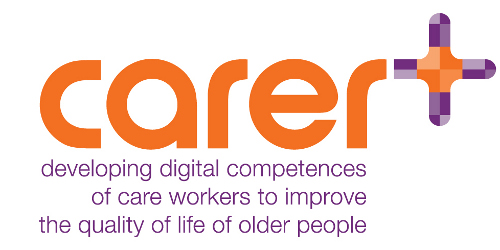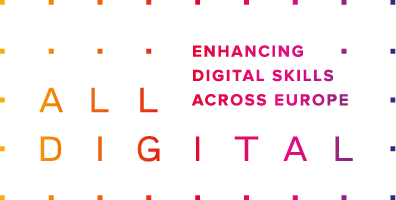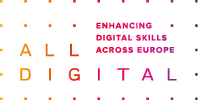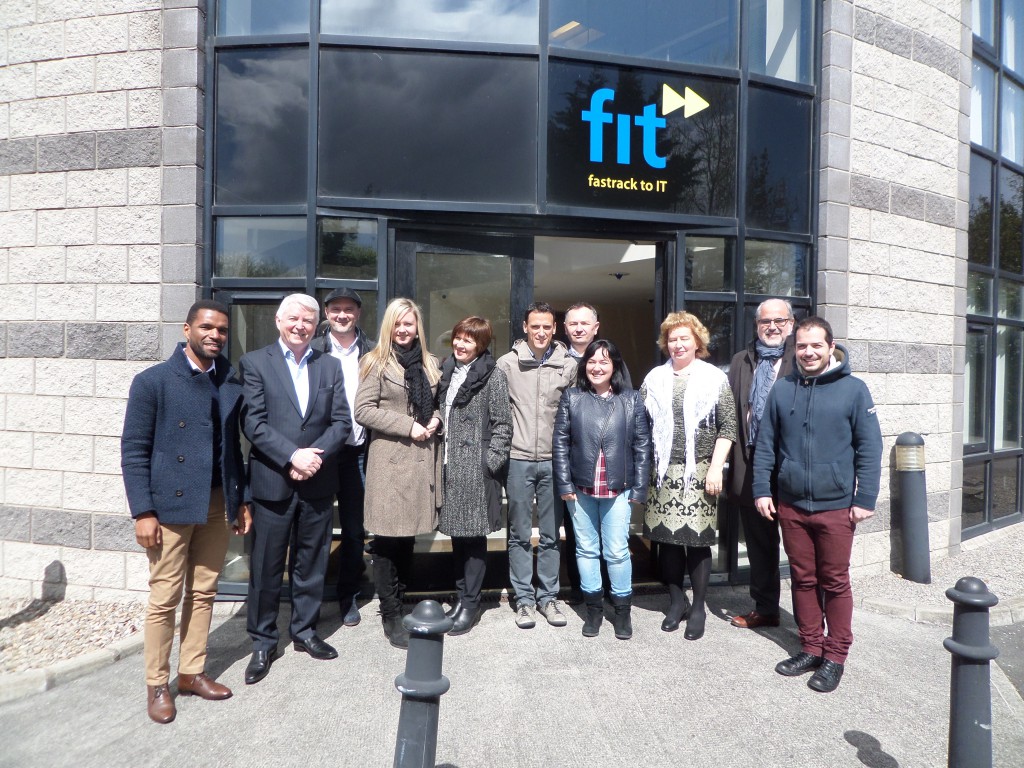
01 Apr Carer+
01 Apr, 2012
Facebook: @CarerPlusProject
Carer+ project identified and enhanced ICT competences of care workers who supported elderly persons at home – anticipating a new and vital role for care workers. It aimed to support the development of digital competences and digitally-supported professional skills for care workers, with a particular focus on applying these skills and competences to enhance the quality of care provided for care recipients. Carer+ aimed to develop a set of learning paths and educational resources for mobile and work based learning that responded to major challenges of care-workers’ professionalisation: isolation, access to technology, flexibility of study modes, lack of support and motivation, formal accreditation, recognition of prior experience, and scalability.
During the two years, the Carer+ partnership introduced new, easy-to-use internet-based technology tools for the elderly, a Digital Competence Framework and curriculum & training tools in theory and practice. To realize the challenging aims of the project, a training of trainers, policy exchange visits, an open online learning space and a community for care-workers was put in place.
OUTCOMES
To make sure that the Carer+ framework worked in real-life conditions, the project piloted its framework and methodology in five countries: France, Spain, Italy, Latvia, and Romania. Following the lessons learned during the pilot phase, a complete set of guidelines was developed to ensure transferability for all areas of the field, in form of a Toolkit.
The project involved a total of 500 users: 250 older people who receive home care, 200 care workers and 50 informal caregivers. The experiment was supposed to create a digital environment in order to improve the personal life of the elderly as well as the professional life of the caregivers. During the program, all carers were equipped with an Internet tablet.
The main results of the project revealed that 70% of care workers and caregivers noticed that their services were improved with the use of the tablet and that they would continue using it in the future. Moreover, the quality of life of the elderly improved, especially regarding their mental and emotional well-being, their attitude towards ITC, etc.
Another major achievement was drafting a certification process of digital competences for carers. In Spain, France and Italy 3 national workshops were conducted along with a European one in Brussels. As a result a guiding Handbook was created.




